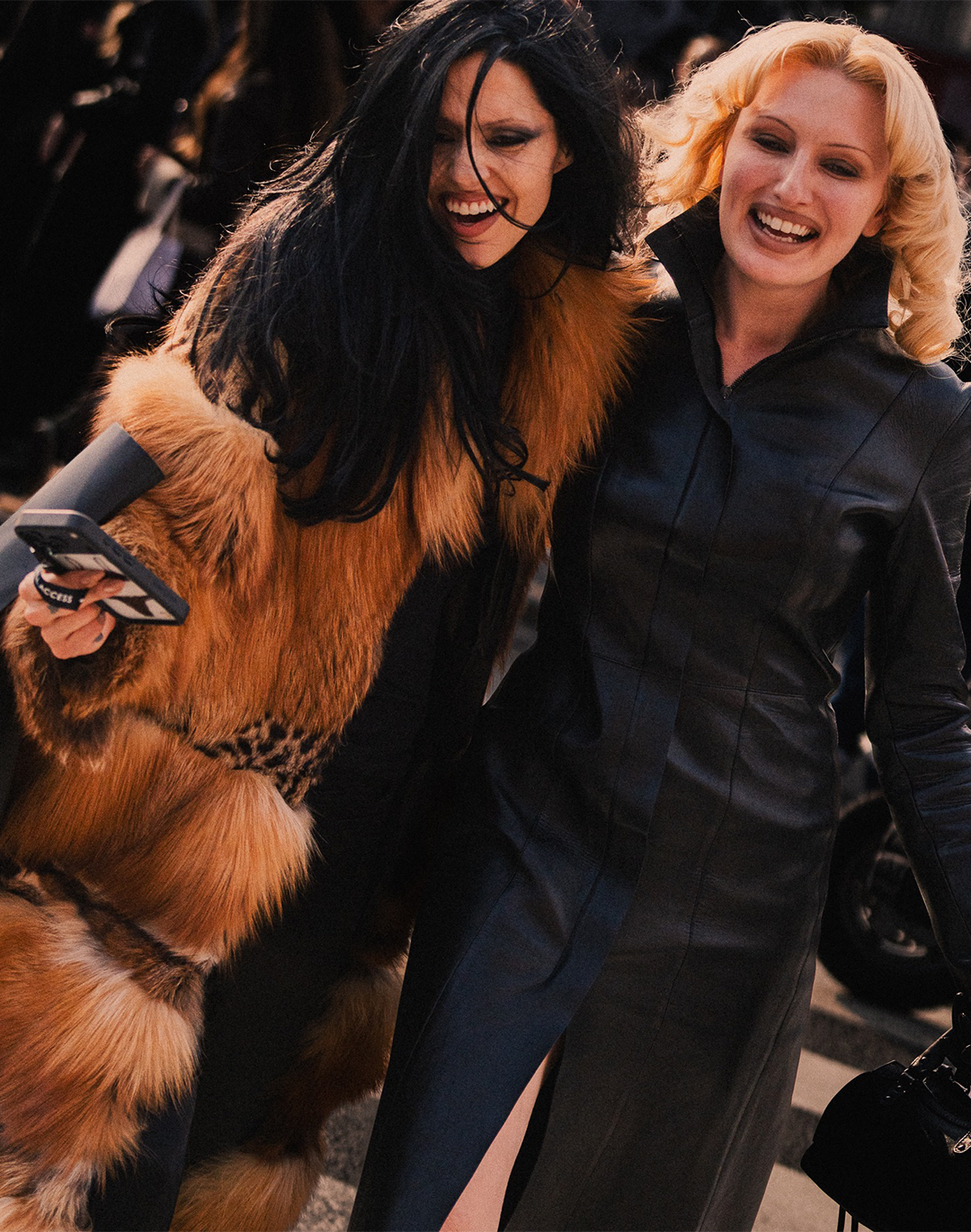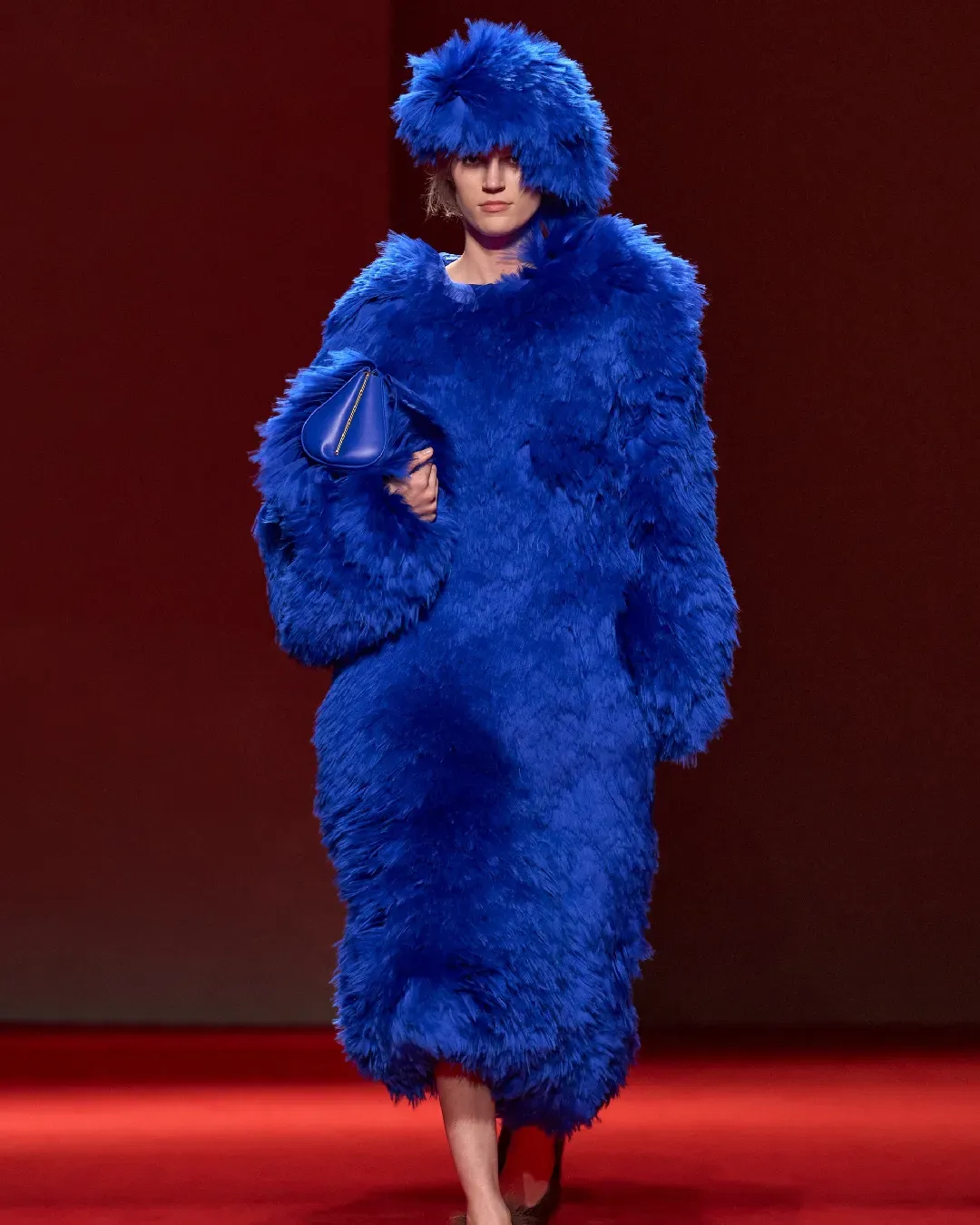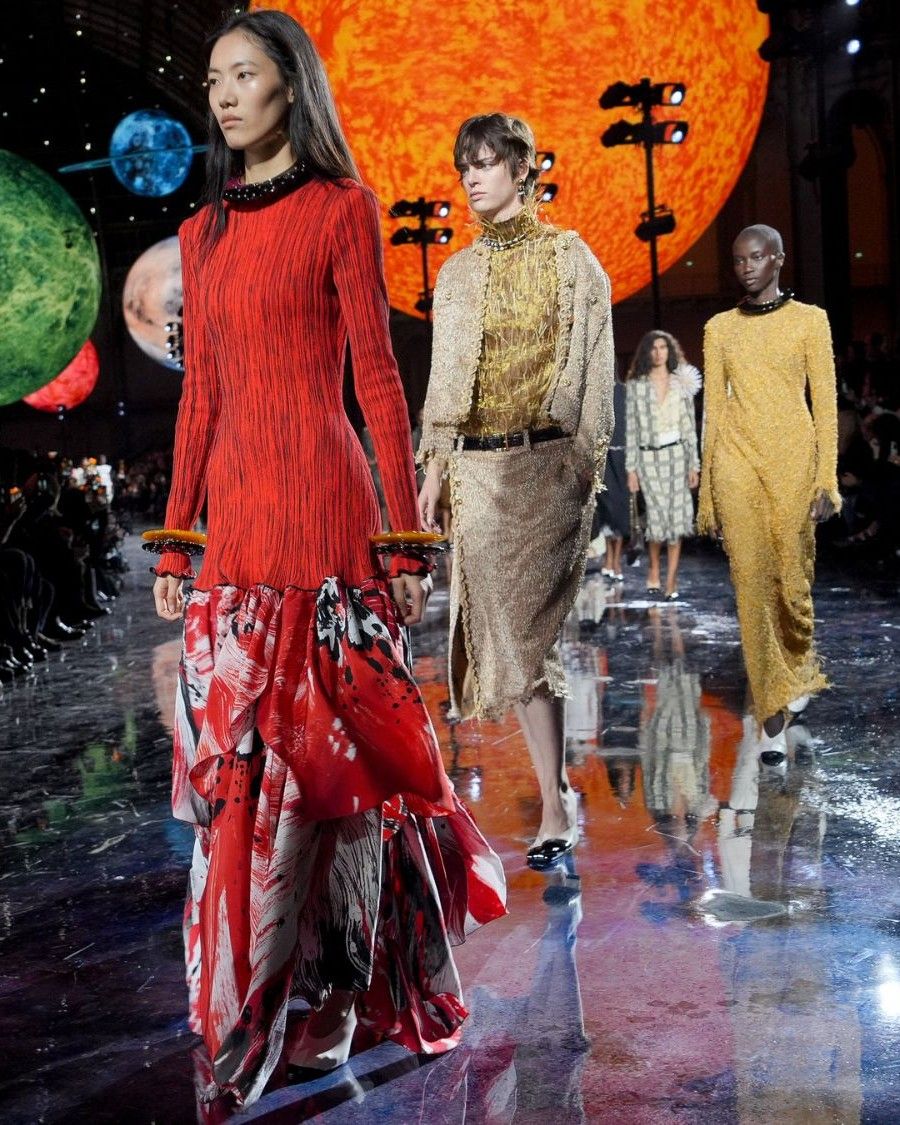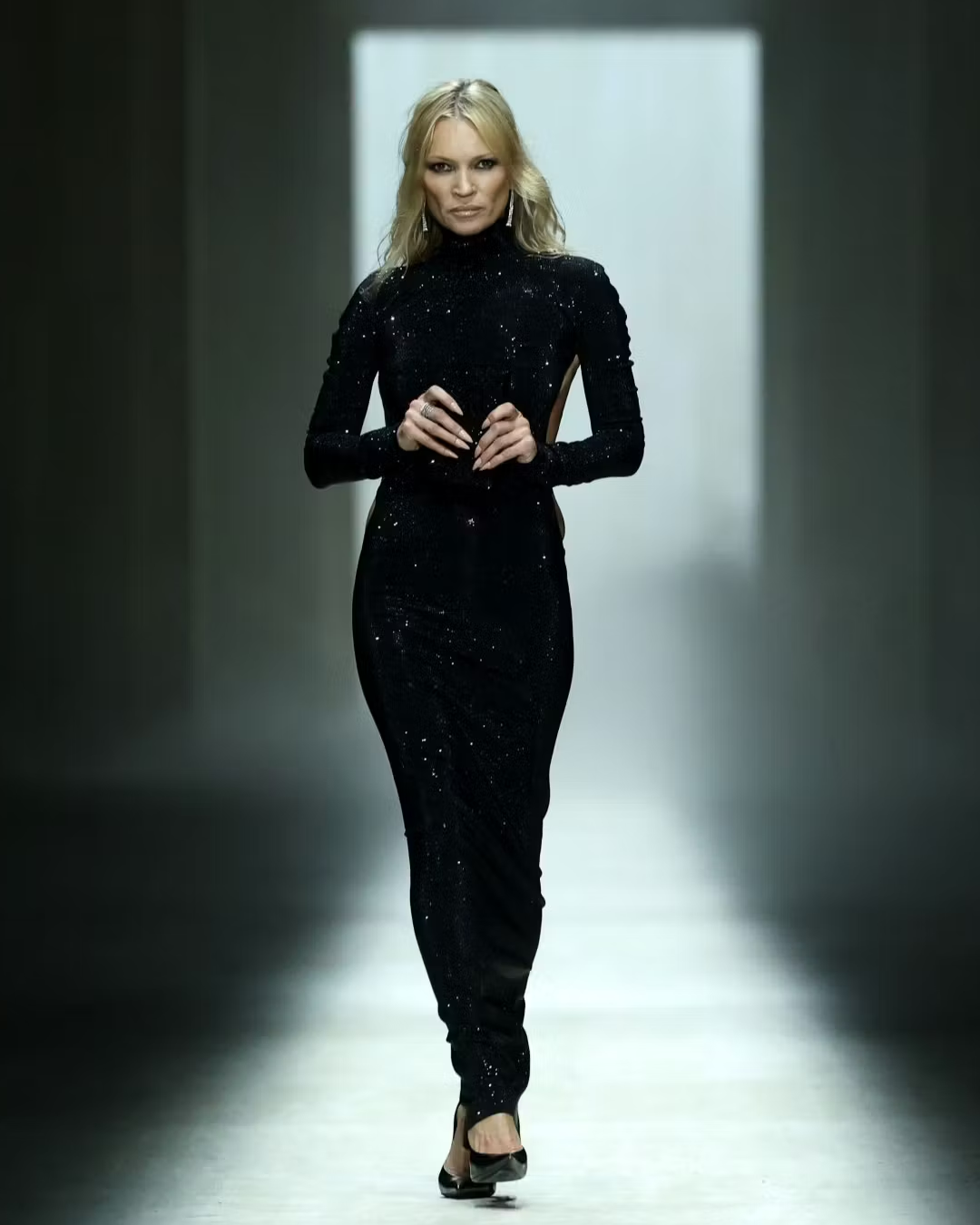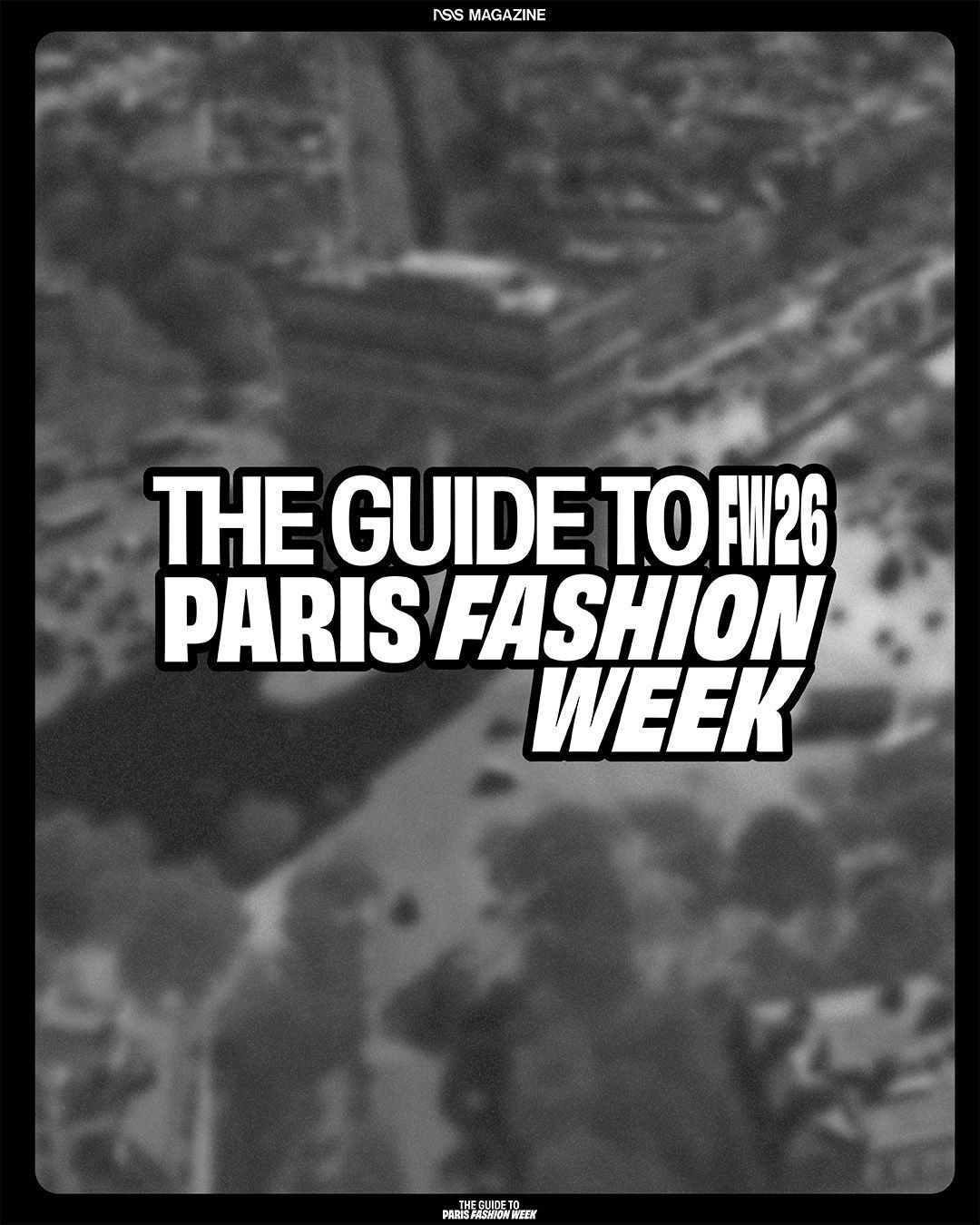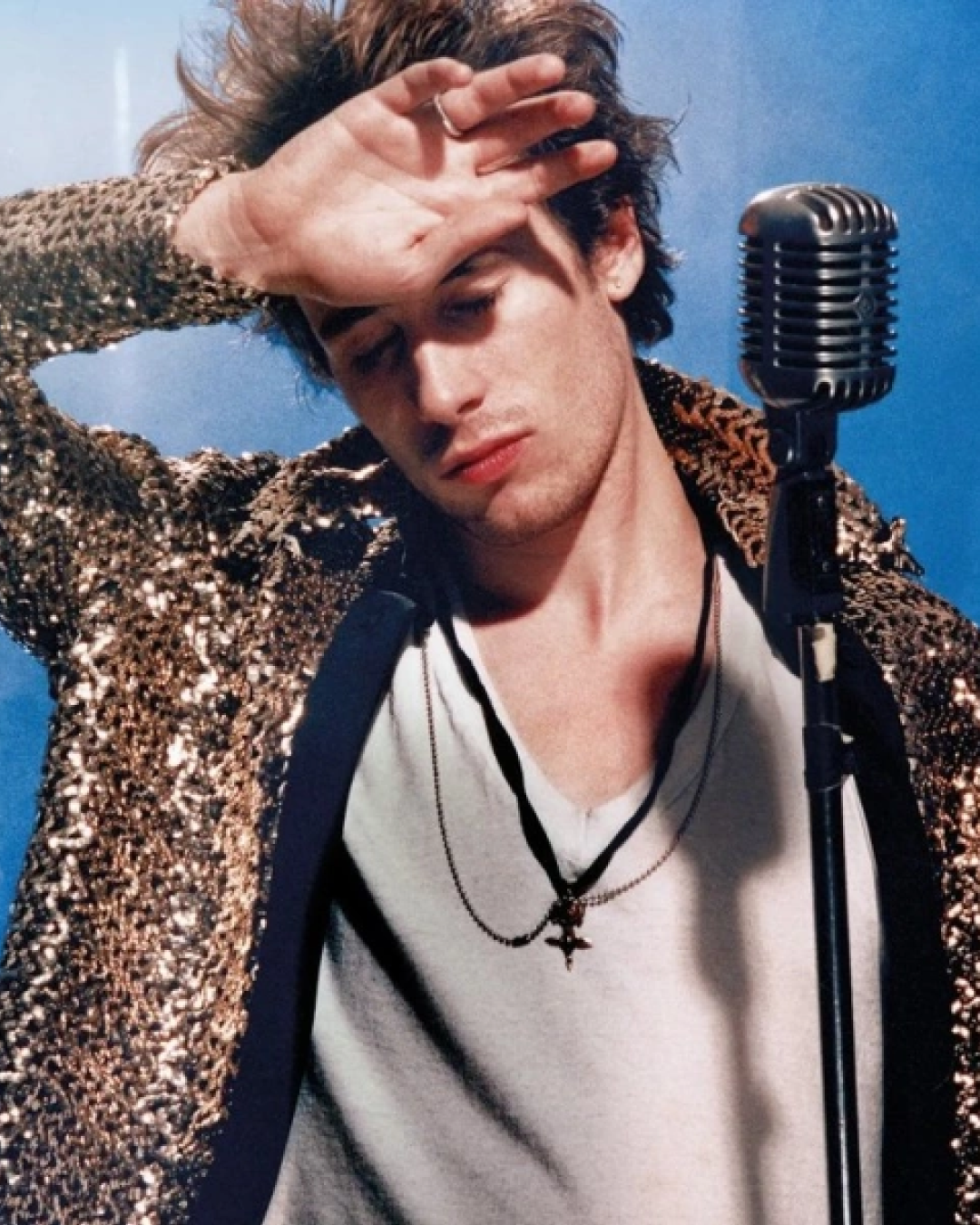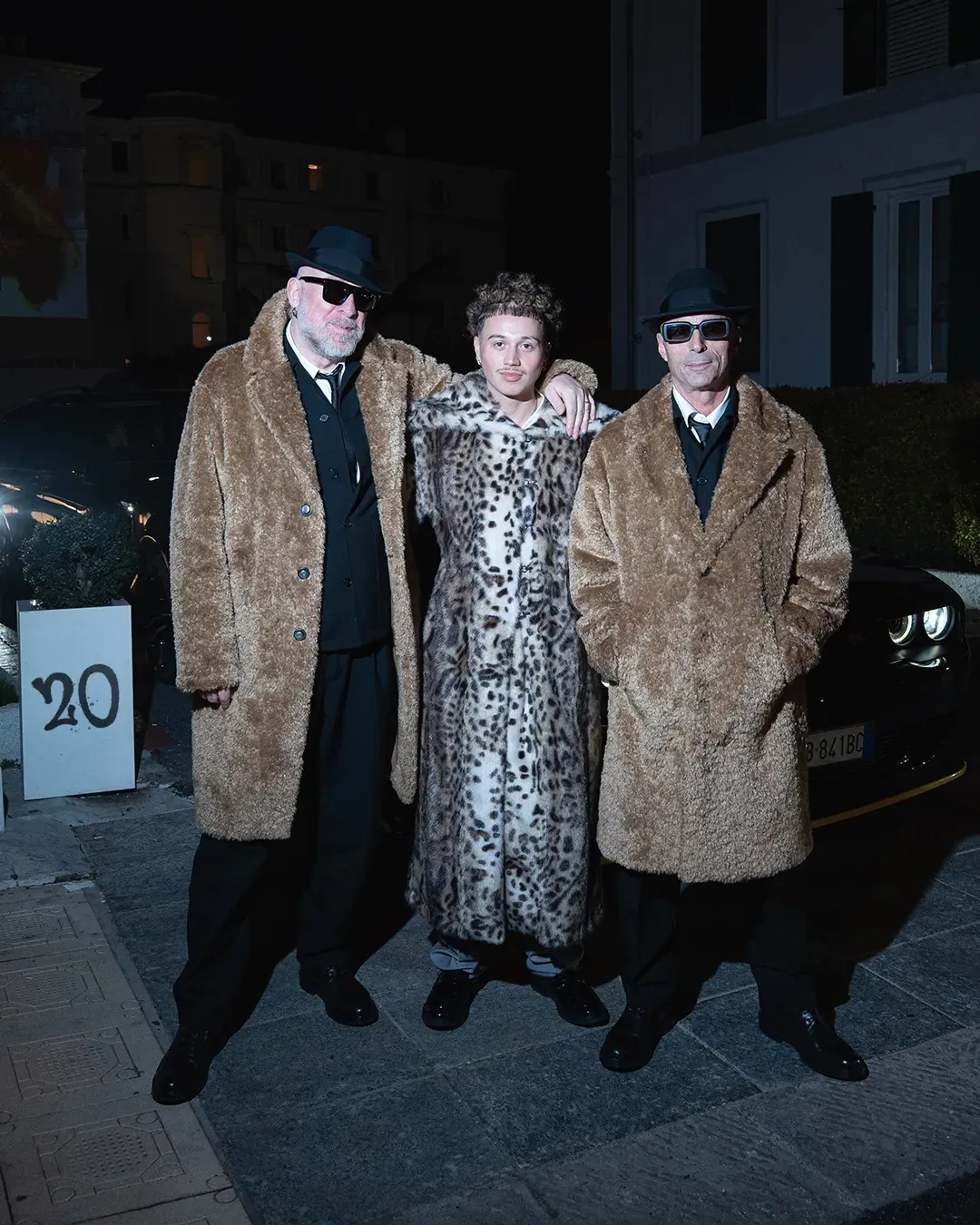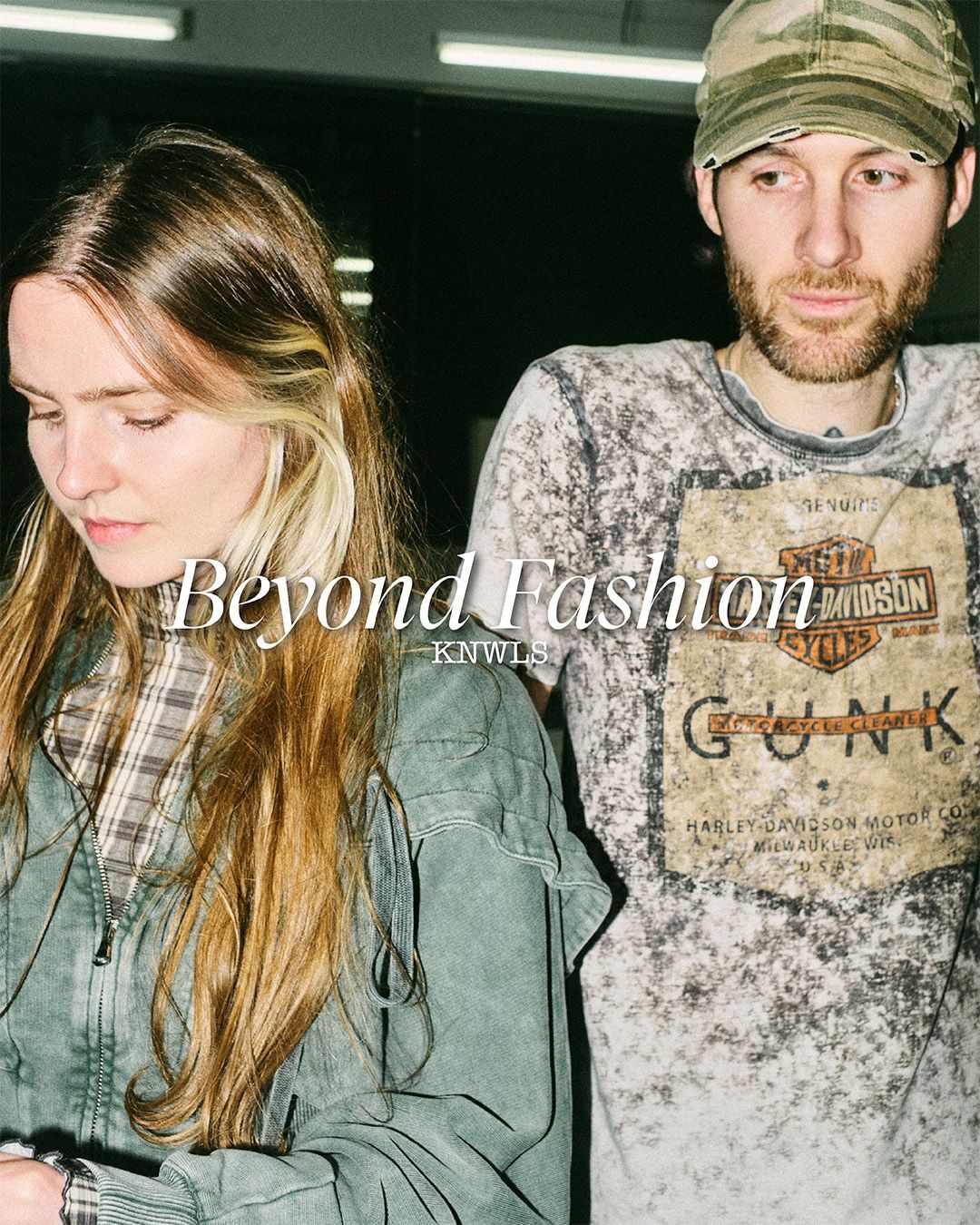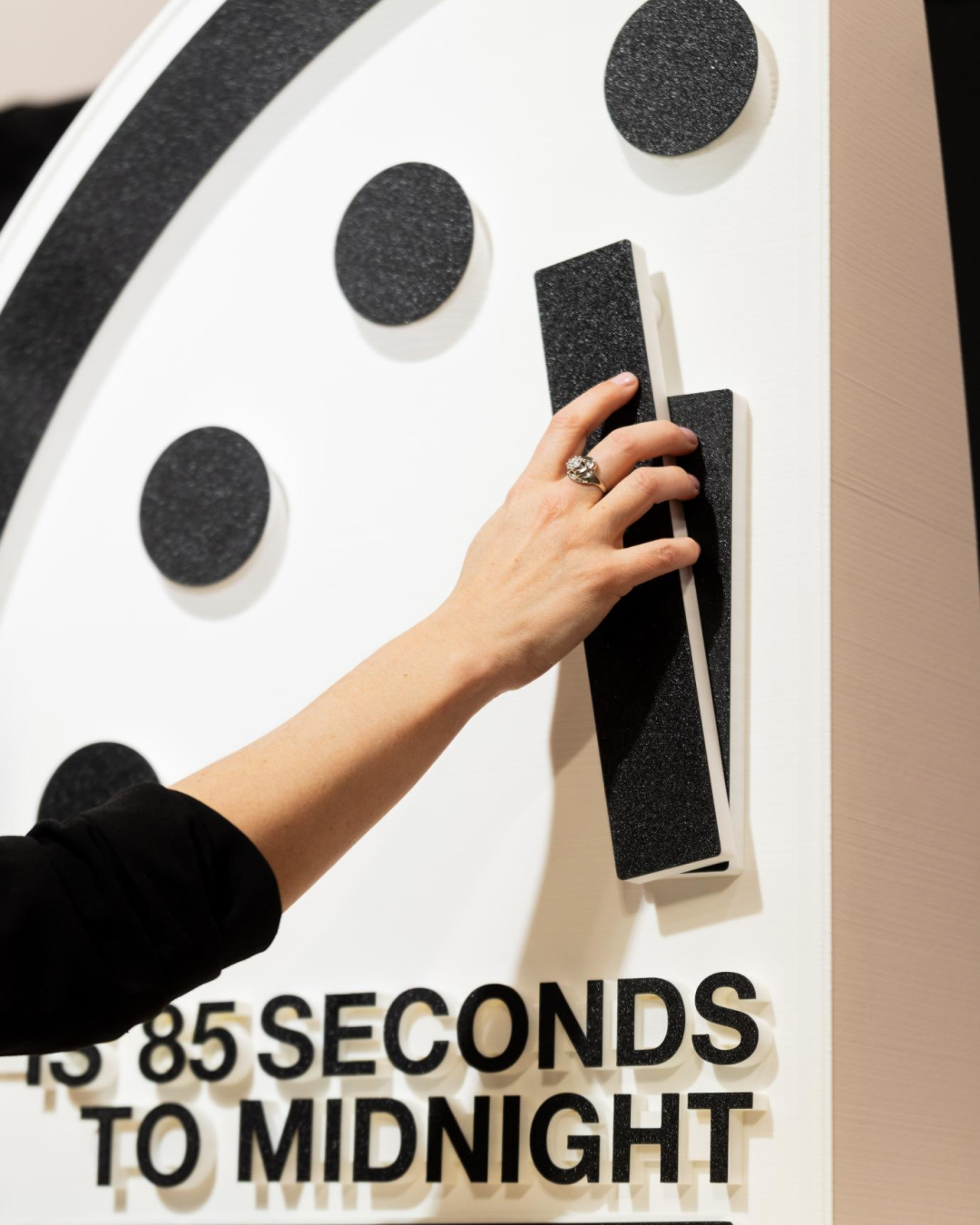
The problem of phenomenon films After Barbenheimer, an ironic spin-off rewrites this summer's sensation
The summer of 2023 was ruled by Barbenheimer, the viral phenomenon born out of the almost simultaneous release of Greta Gerwig's Barbie and Christopher Nolan's Oppenheimer films. Marked by an endless trail of memes, trends and disguises that echoed the contrasting nature of the two imaginaries, Barbenheimer contributed greatly to the box-office success of the two projects (Barbie's revenues reached a staggering $1.4 billion, Oppenheimer $947 million) and the revival of the film industry. Only two months after this media sensation, The Hollywood Reporter announced that director and producer Charles Band will direct a low-budget Barbenheimer-themed spinoff that will mix « bombs and dolls » in full black humour. To the sceptics' doubts - do we really need this? - arise a number of critical aspects regarding today's cinema, a system capitalising on viral phenomena that have just occurred and that, screened a year after the fact, risk becoming obsolete even before the end of its filming. 'Phenomenon films' such as Taylor Swift's Eras Tour documentary and the series on Johnny Depp and Amber Heard highlight the silver screen's efforts to convince its audience not to look down at their phones - just like when dances in movies were a thing. But fishing from social media for cinematic ideas, as we shall see, involves considerable risks and dangers.
Over the past two years, numerous films have been inspired by real-life episodes. From the Elvis Presley, Marilyn Monroe and Whitney Houston biopics to the Priscilla Presley biopic soon to be released in Italy, Hollywood has fed viewers' nostalgic spirit by eagerly - and with stellar investments - narrating the lives of stars of the past decades without any logic other than that of record box-office receipts. While biopics engage viewers through different artistic means, such as photography, acting, costumes and soundtrack - let us recall the Oscar success of Bohemian Rhapsody (2018) and the forthcoming favourite Oppenheimer (2023) - 'phenomenon films' solely leverage the temporary fascination that an event has had on consumers. A striking example of this is Depp vs Heard, the docu-series recounting the defamation case between the star of Edward Scissorhands and his ex-wife and Aquaman actress centred on the virality of the event on social media. Released only a year after the conclusion of the two stars' show-trial, Depp vs Heard fully embodied Netflix's attempt to grab the attention of its subscribers through content that goes back to a short-lived social media sensation and, for this exact reason, proved insufficient. The memes and live feeds with Depp and Heard's statements about their relationship went viral, the series did not.
@zeinaboucoulibaly Like why is it still going on #amberheard #johnnydepp #deppvheard #netflix #netflixdocumentary #amberheardisinnocent #amberheardfan #greenscreen original sound - Zeinabou
On the same level as the Depp vs Heard series, pop stars' concert films have become the music industry's new signature merch. An easy way to make money, they sensationalistically recount a singer's world tours by convincing the audience who paid for their ticket to try and spot their face among the clips of the date they attended, those who couldn't afford it to experience the emotions of the spectators from a red velvet armchair. Evidence of this are Taylor Swift - The Eras Tour and Renaissance: a Film by Beyoncé, two record grossing docu-films (the former is the highest grossing concert film in the world and has officially made Swift a billionaire) whose successes go hand in hand with those of the tours themselves. If an event went well, why not milk the revenues by repackage the same product in a new form?
Watching the Eras Tour Movie was truly an experience. AND HOLY SHIT THE WHOLE CINEMA WAS SO LOUD AND PEOPLE STARTED SINGING EVERY SONG. Even the Security guards came inside just to watch the show. BEST SHOW EVER. THANK YOU TAYLOR SWIFT
— Rasmus (@jedmercadzzxc) November 2, 2023
IT'S BEEN A LONG TIME COMING pic.twitter.com/wpIi3RM8iq
The cinematic trend of the 'phenomenon film' has been around for a long time, yet in 2023 it has become an exhausted resource, like fast food and fast fashion being produced and launched on the market in a short time and with zero cultural impact. If in 2009 Michael Jackson's This Is It stood out for the way the events of a mythical icon were told just days after his death, anticipating a concert film that never was, projects such as the spin-off on Barbenheimer, the documentary on Taylor Swift's tour and the Depp vs Heard series are merely the exasperation of a worn-out success. The idea of further capitalising on a phenomenon that has already had strong media traction - and has therefore already fulfilled its primary purpose, which is to make money - may initially seem like a good idea, but both financially and artistically it turns out to be a gamble on the longevity of the audience's interest, which is oftentimes inconsistent. Luckily, Taylor Swift's fans continue to follow their favourite with their eyes closed, lining her pockets, and the Barbenheimer spinoff will be an amoral crossover with the sole aim of exploiting the success of the two films in a comic way, so nothing serious.



